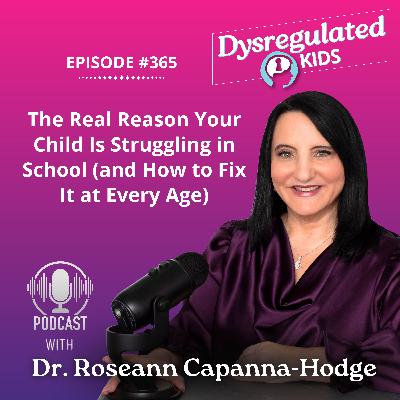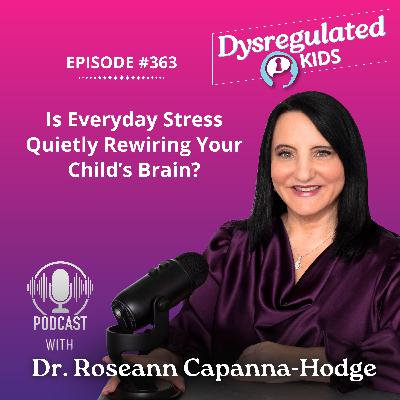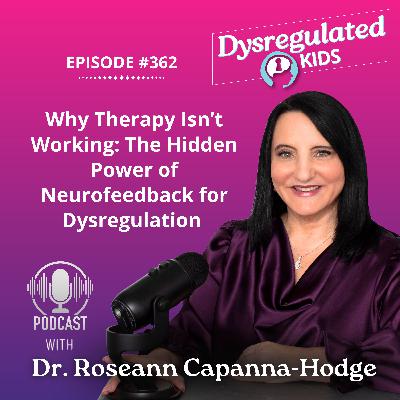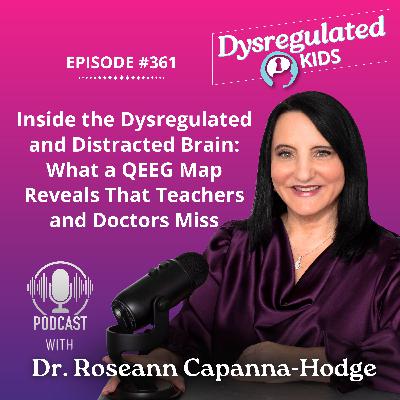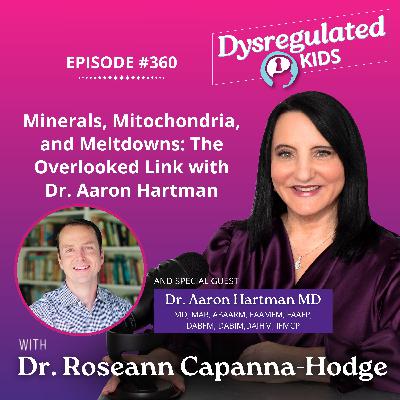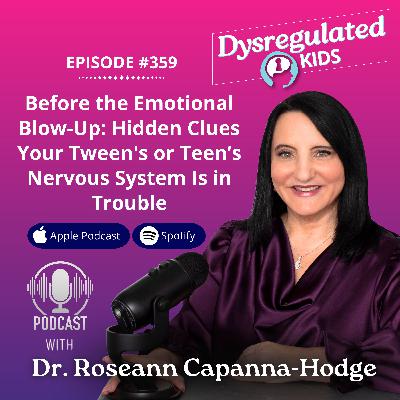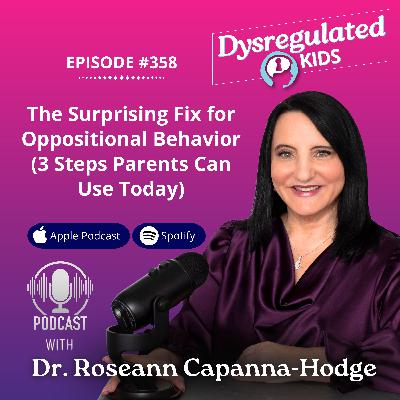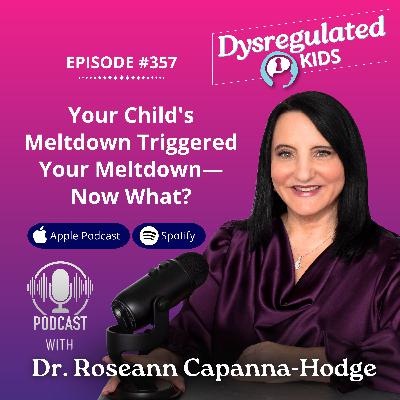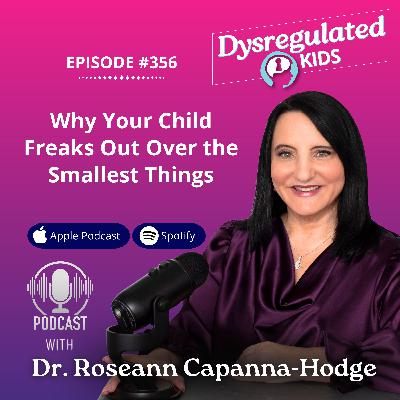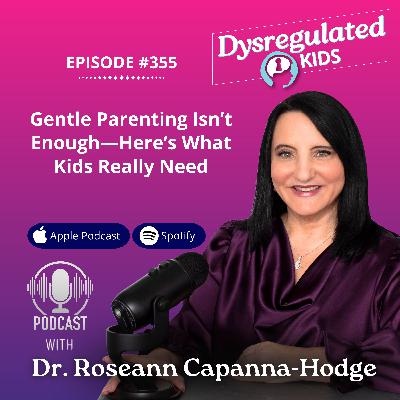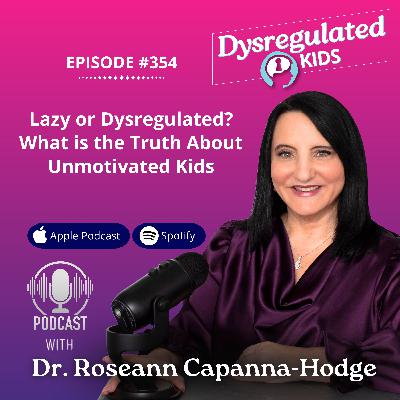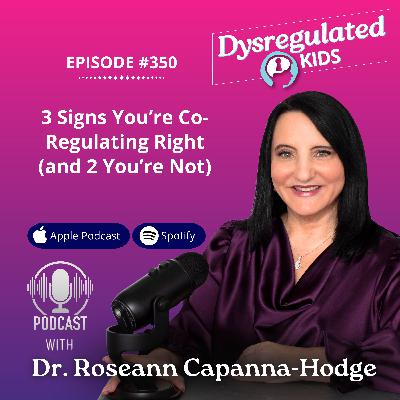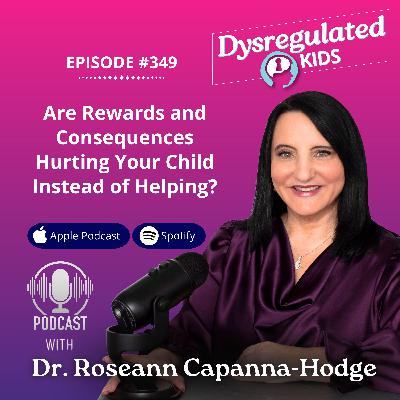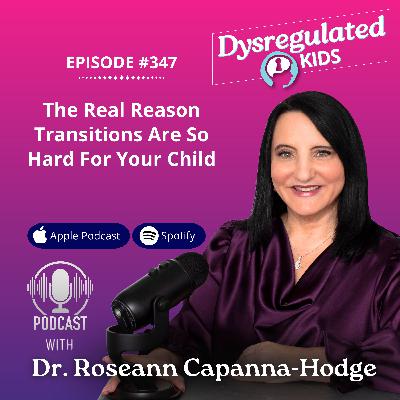64: Is it ODD, PANS, or Something Else?
Description
Often, it’s difficult to distinguish why our children behave the way they do. Because of the overlapping similarities in symptoms of certain mental health problems, it’s even more difficult for us to resolve these issues.
That’s why it’s important for us to seek help from mental health professionals to immediately provide solutions for our children’s mental health problems. We need to have an open mind and willingness in addressing these issues and in tracing the many possible root causes that may be contributing to our children’s symptoms.
One of the frequently asked questions that I get is where to find help. There’s no easy answer but if you would like to consult with us, you can visit our website (https://drroseann.com/apply).
Mentioned in this episode:
Join Us for Rewiring the Brain. What is Neurofeedback?
Are you a parent who's tried everything to help your child but they still struggle with attention, mood anxiety or other clinical issues? Well, that's exactly why I'm inviting you to this free workshop titled Rewiring the Brain. What is Neurofeedback? and it's on May 16. During this webinar, I'll be sharing my knowledge and experience with you helping you to understand just how neurofeedback can help your child improve their attention, their mood, or whatever else is going on with them. You'll learn about how neurofeedback is a safe and natural way to calm and regulate their brain and how that can really make a difference not just for your child, but for your family. Don't miss this opportunity to join me for this amazing neurofeedback webinar. You can register at the link below. And here we're going to explore just how neurofeedback can be a game changer for your child and family.


